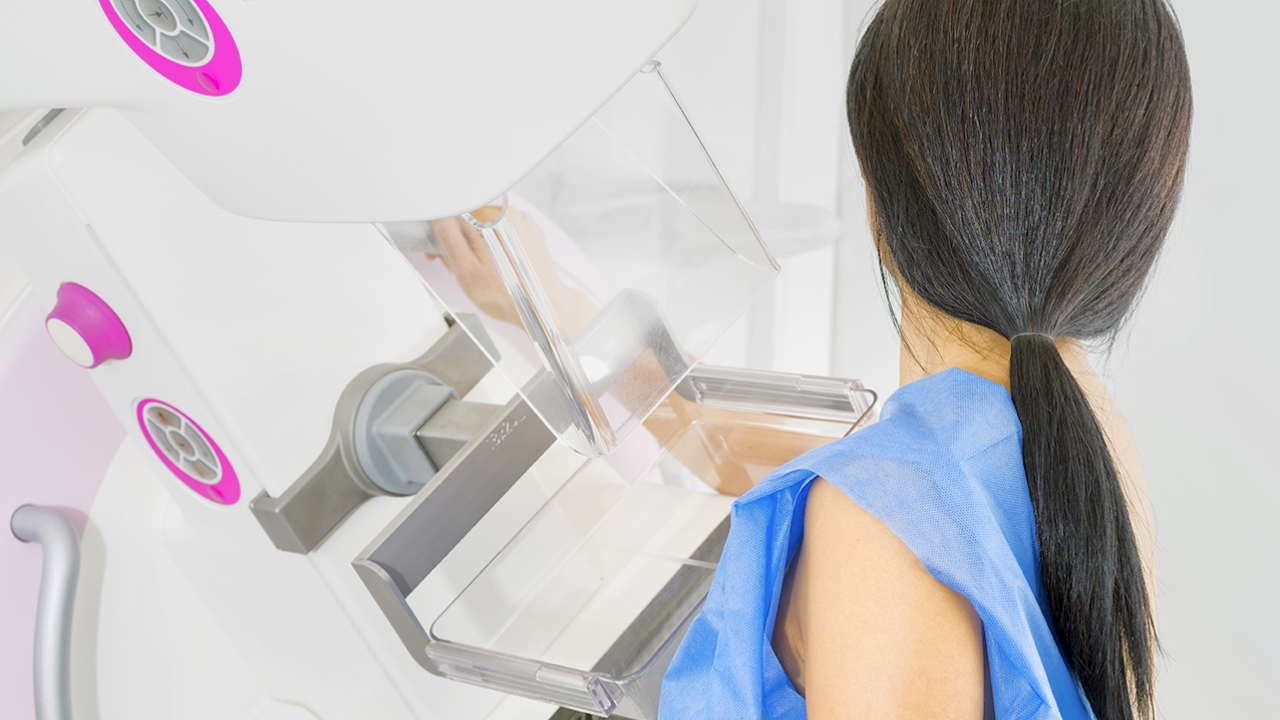
Asian-American women are more likely to experience delays in follow-up treatment after an abnormal mammogram compared to white women, according to new UC San Francisco research.
These delays in diagnostic radiology could put Asian-American women at higher risk of later breast cancer diagnosis, especially women of Vietnamese or Philippine ethnicity, who had the highest rate of delays, the researchers said. The findings point to a significant need to reduce racial and cultural barriers in medical testing among Asian-American women.
The study is published in CANCER, a peer-reviewed journal of the American Cancer Society.
“Patients with an abnormal mammogram need immediate follow-up tests to check whether or not the finding is breast cancer,” said lead author Kim Hanh Nguyen, MPH, ScD, a research scientist with the UCSF Institute for Health Policy Studies. “It’s important not to delay because if breast cancer is found, it can be diagnosed and treated at the earliest possible stage.”
Several Explanations for Follow-Up Rates
Nguyen said there are several possible explanations for the lower rate of follow-up, including differences in socioeconomic status and access to health care and cultural or language barriers.
“From previous studies, we know that Asians report a lack of trust with their health care provider, low satisfaction in their health care, and perceived discrimination or disrespect by providers,” she said. “Our health care system, which is uncoordinated and fragmented, can compound the problem of delay for vulnerable Asian patients.”
Previous research has found that African-American and Latina women are less likely than white women to receive appropriate follow-up after an abnormal mammogram result. These studies, however, have primarily lumped Asian-American women into a single group. Yet breast cancer impacts subgroups of Asian-American women very differently: the highest rate occurs among Japanese-American women (126 per 100,000 women) and the lowest rate occurs among Laotian-American women (44 per 100,000 women).
In the new study, researchers examined abnormal mammogram follow-up differences for Asian-American women and for white women who underwent screenings recorded in the San Francisco Mammography Registry between 2000 and 2010. The registry records breast imaging tests for women in the San Francisco Bay Area, a region with considerable diversity among Asian ethnic groups.
Altogether, the study included 49,358 white or Asian-American women. Excluded were women with a history of breast cancer. The predominant Asian ethnic group represented in the study was Chinese (16.4 percent), followed by Filipina (6.8 percent). The women’s mean age was 53.9 years.
More Needed to Understand, Address Barriers
The findings showed that Asian ethnicity was associated with delays in follow-up imaging after abnormal screening mammograms. Among Asian women, Vietnamese and Filipina women had the longest span before following up – 32 and 28 days respectively – while Japanese women had the shortest at 19 days.
At 30 days, the proportion of women receiving follow-up care was lower for Asians (57 percent) than whites (77 percent). This disparity continued at 60 and 90 days for all Asian ethnic groups except Japanese. Asians also had a higher proportion (15 percent) of not following up after a year, compared to 10 percent of white women. Filipinas had the highest percentage of women who didn’t follow up at all after a year – 18.1 percent.